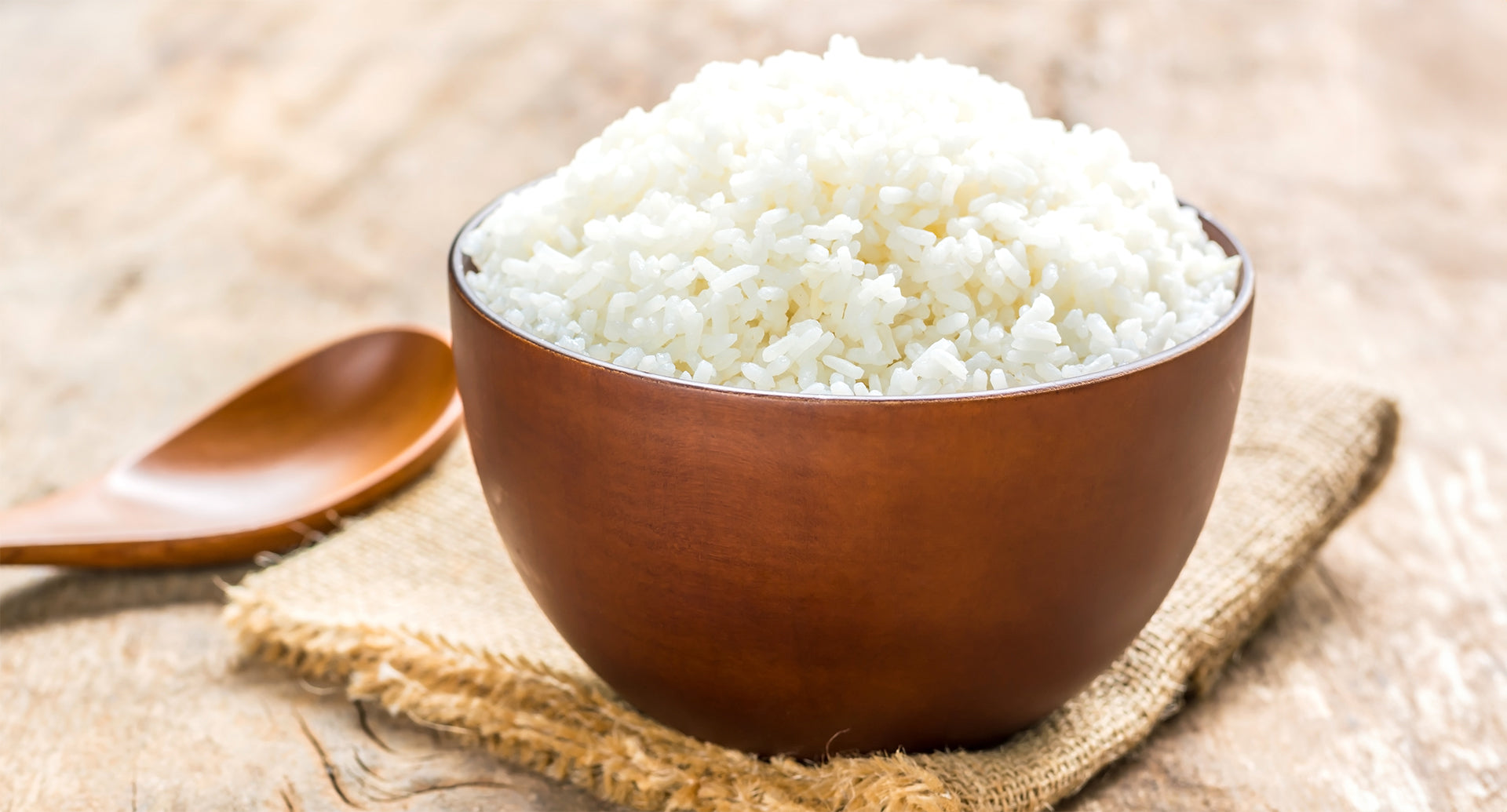The gorgeous and svelte Kareen Kapoor Khan swears by dal-rice khichdi...
Here’s why
To eat or not to eat rice? A conundrum every dieter faces at some point of their weight-loss journey. And with good reason, given the conflicting studies and articles on the same. Truth is, rice is packed with carbohydrates (the good kind) and fibre. It’s not just healthy, but can aid weight loss if consumed in the right way. So, let’s get your facts right...
The composition of rice
100gm of white rice
Calories: 130kcal
Fat: 0.3gm
Protein: 2.7gm
Sodium:1mg
Potassium: 35mg
Sugar: 0.gm
Fibre: 0.4gm
If you look at the table above, 100 grams of rice has just 0.3 grams of fat—definitely not enough to cause damage on the weighing scale! Having portion-controlled quantities of cooked rice daily, in fact, helps meet the nutritional and energy needs of the body, boosting metabolism and in turn leading to weight loss. A problem arises only when one goes overboard with the prescribed quantity—rice gets converted to glucose and glucose, if not used for energy, gets converted into fat.
Secondly, rice is gluten-free and can be a good source of nourishment for those with gluten intolerance. Packed with nutrition—good carbohydrates, proteins, B vitamins, minerals (manganese, potassium, calcium and iron) and fibre—it’s good for the skin as well as for regulating blood pressure. Methionine (an important amino acid) when combined with lysine present in dal is ideal for muscle strength, while the insoluble fibre in brown rice is known to help fight intestinal cancer. The benefits are myriad.
Who should avoid rice? Diabetics. Why? Rice is a high glycemic index food, which means it gets digested easily, causing spikes in blood sugar levels.
Our take? As long as you consume cooked rice in the correction portion and balance it with the right protein, you will not gain weight.



